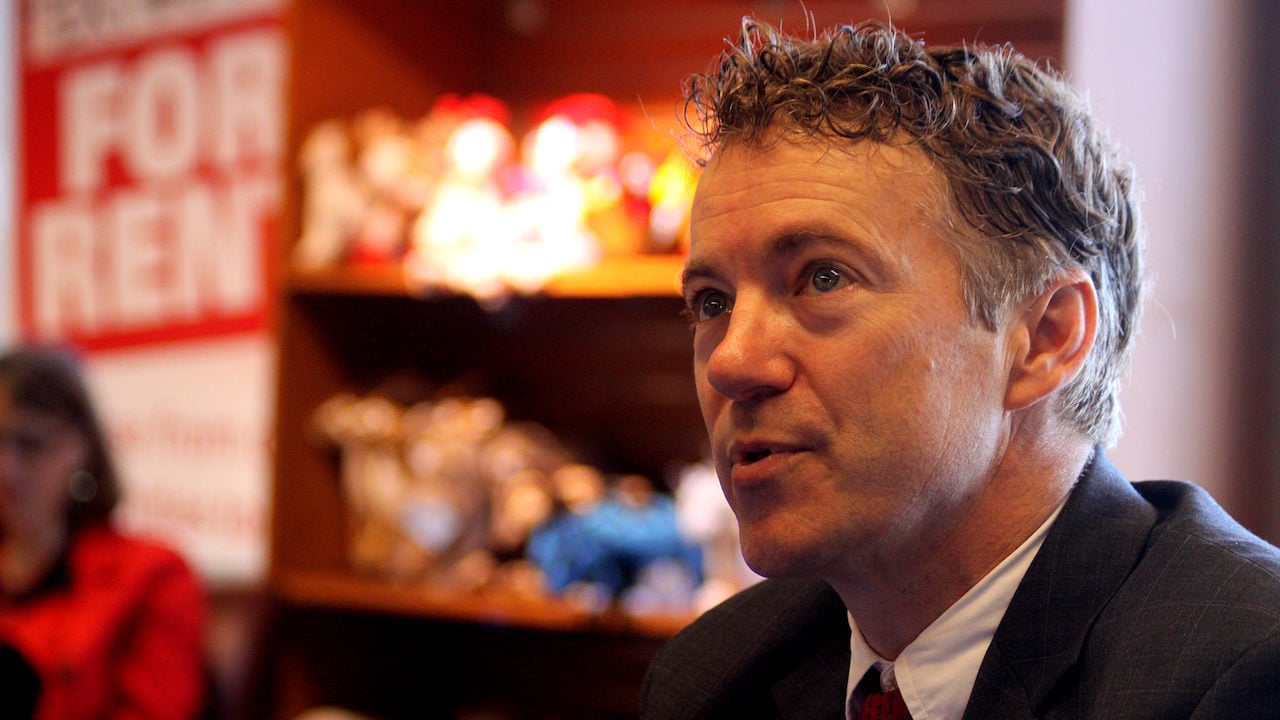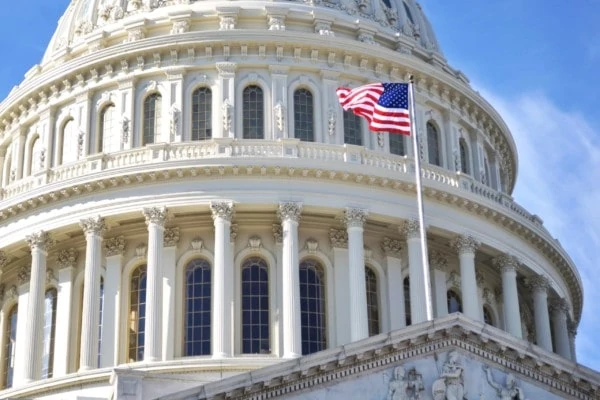CLOCK IS TICKING ON OBAMACARE REPLACEMENT
President Trump promised to quickly repeal and replace The Patient Protection and Affordable Care Act (AKA ‘Obamacare’). His first executive order sought to weaken its enforcement, a move which Judge Andrew Napolitano called “the most revolutionary act I’ve seen in 45 years.”
The new Secretary of Health and Human Services, Rep. Tom Price, has been sworn in. His job is to facilitate the transition if it ever takes place.
Bernie Sanders and Ted Cruz debated Obamacare in front of a national audience. Rather than defend the program, Senator Sanders used rising premiums as an excuse to scrap the insurance model altogether in favor of a single-payer system (i.e. 'Medicare for All').
Now all eyes are on Congress.
Sen. Rand Paul introduced the Obamacare Replacement Act in late January and it has since gained traction. In line with Trump and opposed by some of his colleagues, Paul felt that no repeal should happen without a ready replacement.
Paul’s version is the second of two replacement bills introduced to the 115th Congress to date. The first one, called The Patient Freedom Act, was co-authored by Senators Bill Cassidy and Susan Collins.
Of the two versions, Paul’s bill repeals more of President Obama’s embattled health insurance law and, according to Paul, will put “[Americans] back in charge of their own health care expenses.”
THE PAUL PLAN
Highlights from The Obamacare Replacement Act (S. 222) include:
Eliminate Mandates
- “Individual and employer mandates, community rating restrictions, rate review, essential health benefits requirement, medical loss ratio, and other insurance mandates.”
Restore Pre-Existing Condition Coverage to Pre-Obamacare Level
- One of the more contentious and costly sections of Obamacare, the coverage of pre-existing conditions reverts to HIPAA group market protection as it was prior to 2010.
- Those affected have a two year window to obtain such coverage
Equalize Tax Treatment of Health Insurance
- Allow a universal deduction on both income and payroll taxes regardless of how an individual obtains their health insurance.
- The intention is to “empower Americans to purchase insurance independent of employment.”
Expand Health Savings Accounts
- Provide up to a $5,000 tax credit and eliminate the cap for individual contributions to an HSA
- Allow any type of insurance plan to offer an HSA (currently only available to high deductible plans)
- Add premiums, prescriptions, OTC drugs and supplements, exercise equipment, and weight loss programs to allowable HSA expenses
- Allows bankruptcy protection and HSA account rollover to family members
Allow Independent and Small Business Health Pools
- This is another provision aimed at lowering cost especially for high risk individuals. For-profit and non-profit organizations may be formed for the sole purpose of establishing an “Independent Health Pool” (IHP)
- Admission to an IHP may not depend on an individual’s health condition
- Relax standards for small businesses to pool together in Association Health Plans (AHPs), but require independent actuarial certification and a $500,000 reserve requirement
Encourage Interstate Competition
- Insurance companies are allowed more access to sell out-of-state policies
- Sets policy rules for the primary and secondary state issuer
Charity Care Deduction for Physicians
- Many doctors, including Senator Paul (an ophthalmologist), provide unadvertised free medical care to needy individuals. This provision allows a tax deduction up to 10 percent of a physician’s gross salary for such charity care.
NEXT STEPS
Paul's plan now has support from the House Freedom Caucus and Rep. Mark Sanford. Some members are considering a complimentary House version to move forward.
Democrats trying to salvage Obamacare maintain that while premiums have skyrocketed since the law took effect in 2014, the price was worth it to cover 20 million additional Americans. Former President Obama says that his signature law needs some minor tweaks, but it would be disastrous to scrap the whole thing.
Popular sentiment among conservatives and libertarians is that policymakers should move faster on the Obamacare repeal.
Also, as McClatchyDC reports, insurance carriers are getting impatient waiting on a replacement plan and they need answers by March to adjust policies for 2018.
Rand Paul was the only GOP Senator to vote against the recent budget proposal that included mechanisms to repeal Obamacare. Paul, a known deficit hawk, explained that the measure would add $9 trillion to the federal debt over 10 years.
Despite Paul's objections, the budget vote passed the Senate by a vote of 51-48.
RELATED:
• Obamacare Disaster: Time to Repeal and Replace
• Obamacare Author Discovers Capitalism Works and That’s Why Obamacare Fails
• Why Competitive, Transparent Pricing Matters in Affordable Healthcare











